Animal welfare faces a ‘deepening crisis’ if action isn’t taken to improve local enforcement.
New report reveals that almost a half of councils in England do not have a single Animal Welfare Officer in place dedicated to dealing with animal welfare issues.
Posted on 03/08/2022
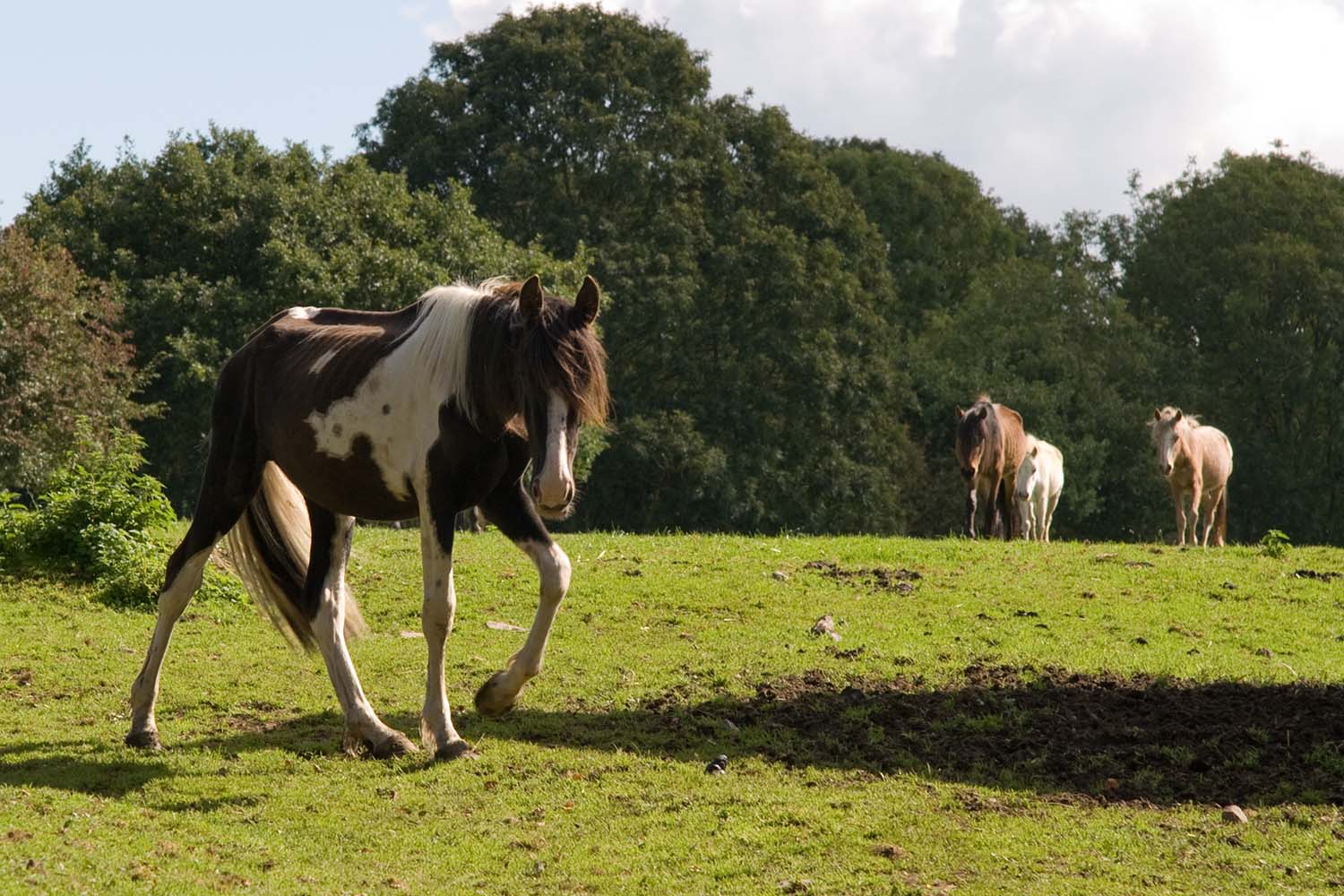
A new report Improving the Effectiveness of Animal Welfare Enforcement, published by the All-Party Parliamentary Group on Animal Welfare (APGAW), and backed by World Horse Welfare, RSPCA, NEWC and the Local Government Animal Welfare Group, is calling for an end to a ‘postcode lottery’ of animal welfare services across England.
APGAW believes that cost of living pressures could lead to the suffering of countless animals if action to improve enforcement isn’t taken and is calling for all English councils to use dedicated animal welfare officers. APGAW also wants to see the UK Government help to facilitate better collaboration between agencies working on the ground.
Local authorities are responsible for enforcing swathes of animal welfare legislation – including dealing with stray dogs, the fly-grazing of horses, licensing establishments, compulsory microchipping of dogs and horses, welfare at markets and more; with further powers set to come in force in the coming years.
The report concludes that a “real lack of consistency in enforcement of animal welfare” exists in England, and that the local government structure in the country can make enforcement “fragmented” with a lack of understanding and a failure to share knowledge a persistent problem.
“This landmark report suggests there’s a real postcode lottery in terms of animal welfare enforcement services across England – with nearly half having no dedicated officers at all. We are in the midst of a cost-of-living crisis – and that could have big consequences for animals, and enforcement bodies trying to protect them.
There is loads that can be done to ensure better collaboration from better understanding the responsibilities of different agencies, to establishing regional animal welfare forums to encourage councils to work with the RSPCA, police and other bodies in their community.”
Giles Watling MP, co-chair of APGAW
“There’s a real picture of inconsistency across England in terms of what services people can rely on locally from their council for enforcing animal welfare. We believe councils across England need to be supported to use dedicated, well-trained animal welfare officers, enforcing the plethora of legislation impacting animals that is the responsibility of local authorities.
“It is vital that UK Government and others take note of this report, and work with us to ensure we have more consistent, reliable, well-resourced statutory enforcement bodies ready to collaborate with others.”
Marisa Heath, APGAW policy adviser
“Although there’s still a way to go, real progress is being made with improving legislation around animal welfare and its impact on horses, but it will be wasted if not enforced. To be effective, enforcement needs a major rethink and will require both well-trained, dedicated, officers who could be shared across Local Authority boundaries to limit the costs, and welfare charities to provide the necessary training and support. Only with a collaborative approach will we see real, tangible benefits for animal welfare.”
Roly Owers, Chief Executive, World Horse Welfare
The report details that 47% of councils in England have no dedicated animal welfare officers, while 22% have one officer, 14% have two officers, 16% have between three and five officers, and 1% have more. In addition, these officers may not meet the proposed definition of ‘dedicated’ in the report as it is unclear whether the majority of their time is spent on enforcing or ensuring compliance with animal welfare legislation, and some may be focused on farm animals or dogs only.
APGAW is now calling for:
- All English local authorities to use dedicated animal welfare officers to enforce animal welfare
- Better understanding of the different responsibilities between upper tier and lower tier authorities in England
- The establishment of regional animal welfare forums – where dedicated animal welfare officers meet with RSPCA inspectors, the police and others, to encourage collaboration, including sharing of information and intelligence
- The formal establishment of a stand-alone National Animal Welfare Board
- Consideration of a focused central fund to be provided that enables the National Animal Welfare Board to bid for resources to target large scale animal welfare breaches in a collaborative manner
- Better training for Dedicated Animal Welfare Officers
- For Defra to collect enforcement activity statistics across all areas of England
Topics
Related News
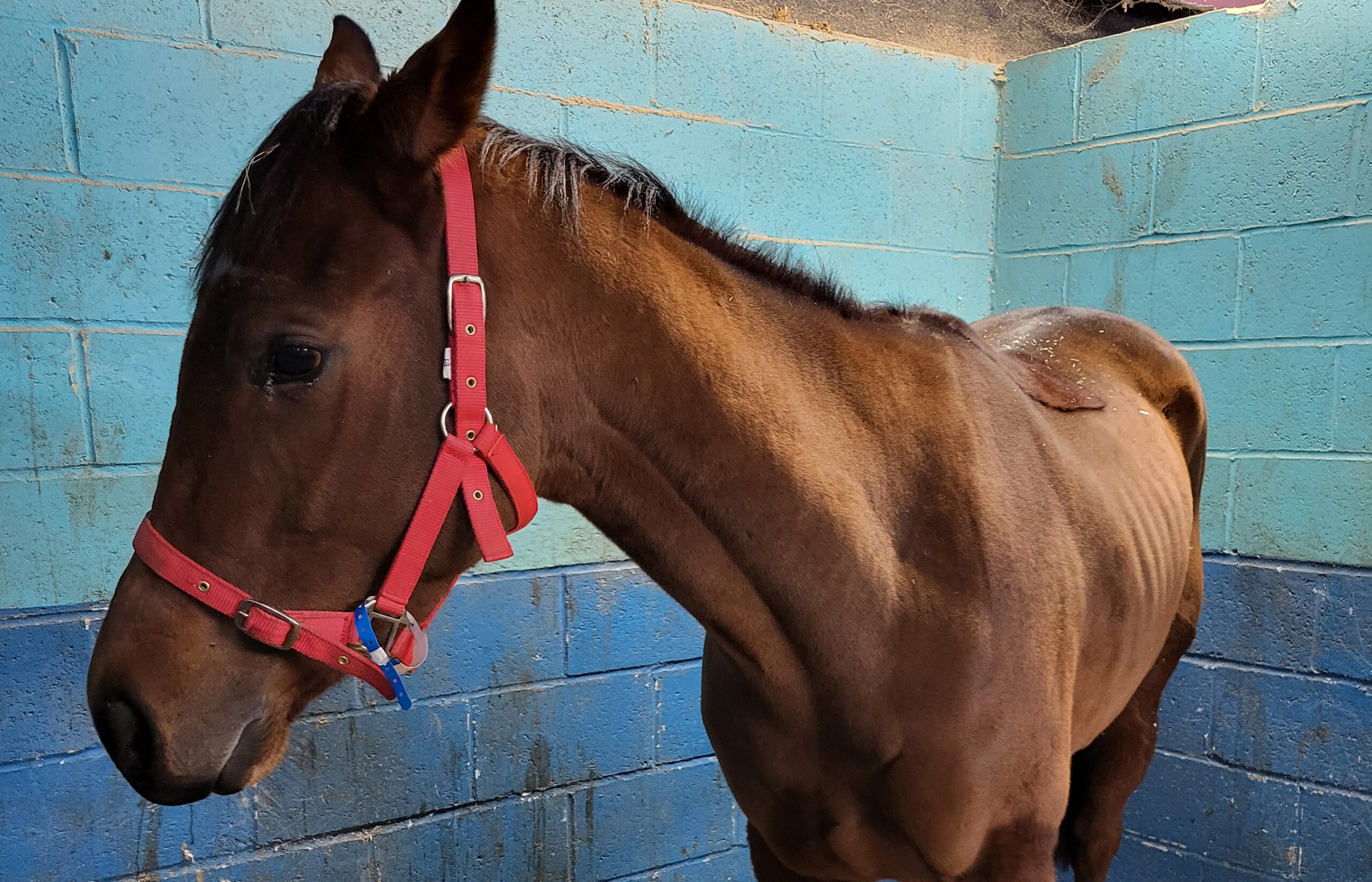
Smuggled Irish horses highlight urgent need for better protection of equines
Significant changes are needed to the current EU transport proposals if they are to be workable for the equine sector.
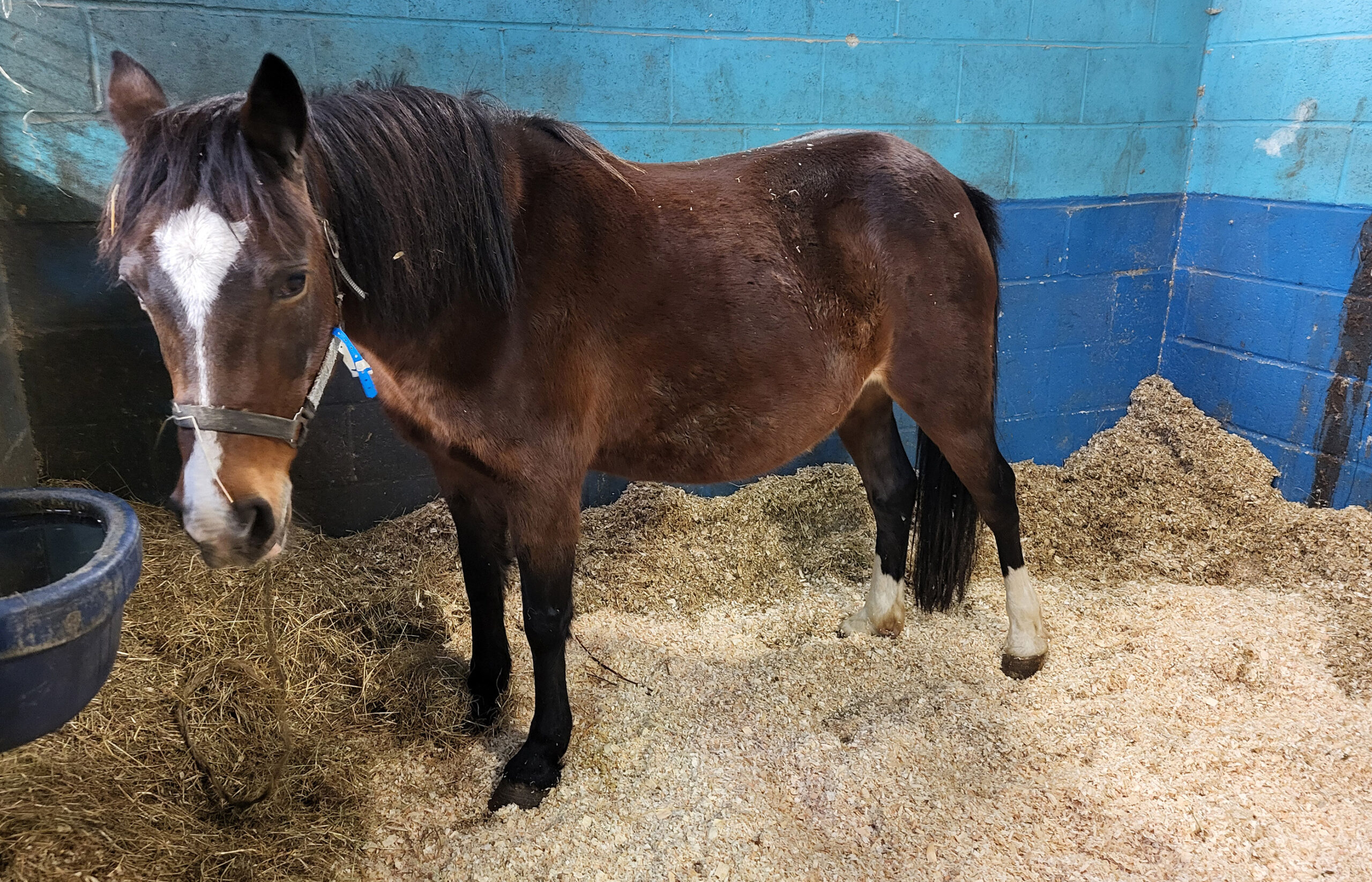
Investigation into smuggled horses highlights abhorrent exploitation
Robust secondary legislation and strong enforcement needed to fully disrupt this trade.
Recommended Blog Posts

We were there to help when nobody else was
Field Officer Sara shares Cadbury’s tragic story.
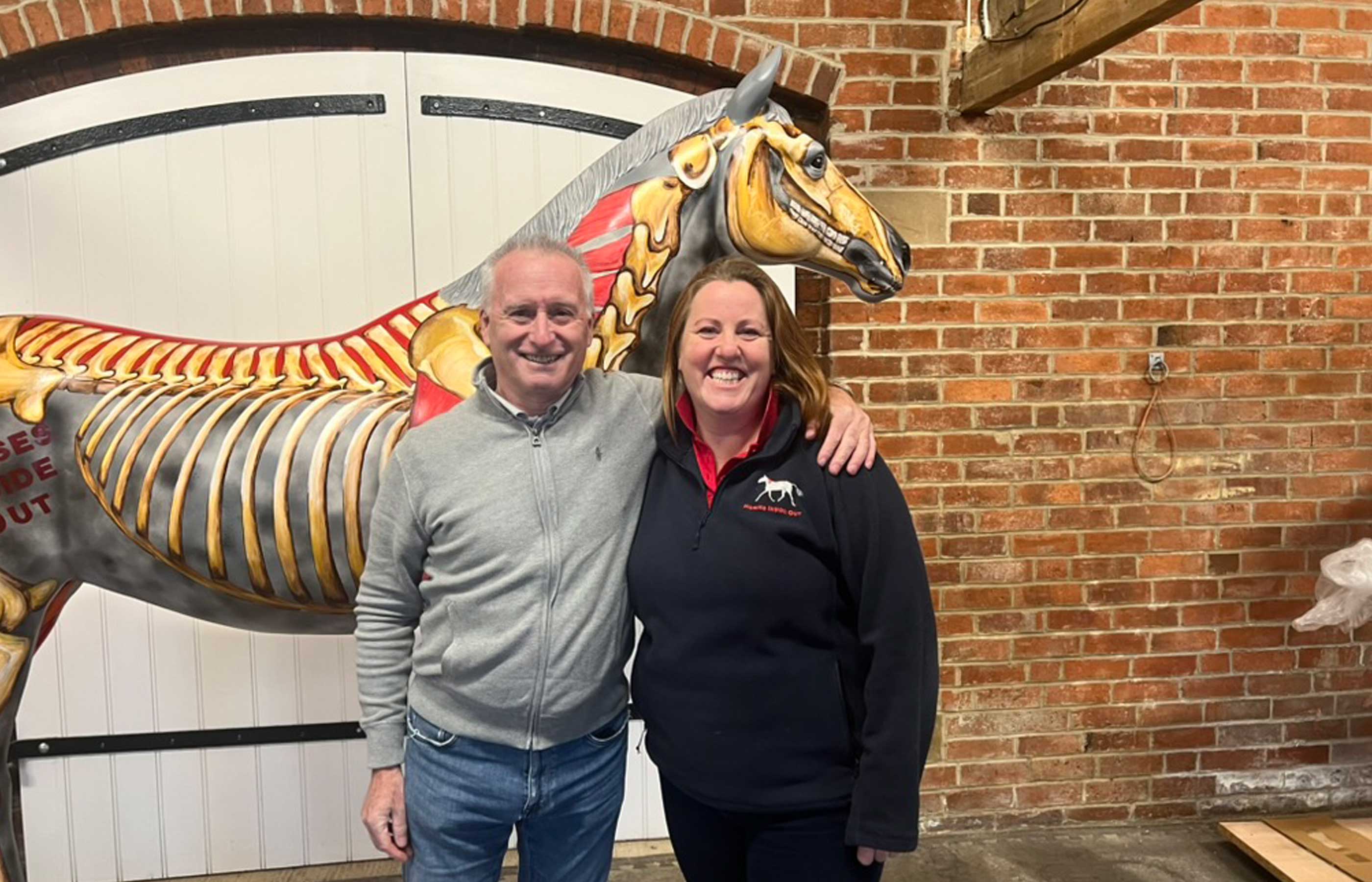
Holistic training – a kinder, smarter way to work with your horse
Learn about a holistic approach to training horses with our special guest blog from Horses Inside Out.
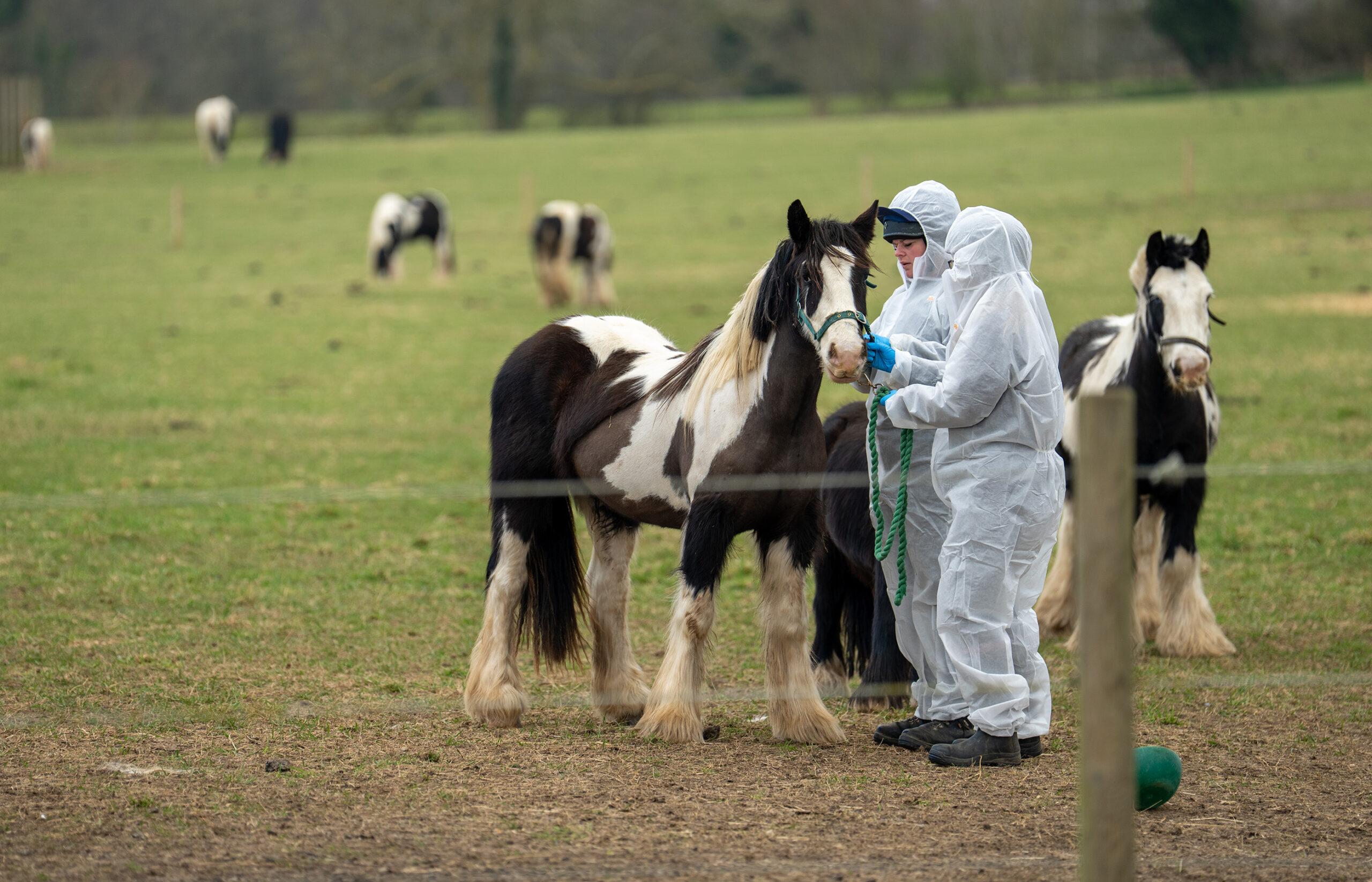
The Trafficked 20 – Strangles
The hidden issues associated with rescuing smuggled horses.
Enjoy reading stories like this?
Join over 65,000 other horse lovers and sign up for our email newsletter

Join over 65,000 other horse lovers and sign up for our email newsletter
Sign me up now